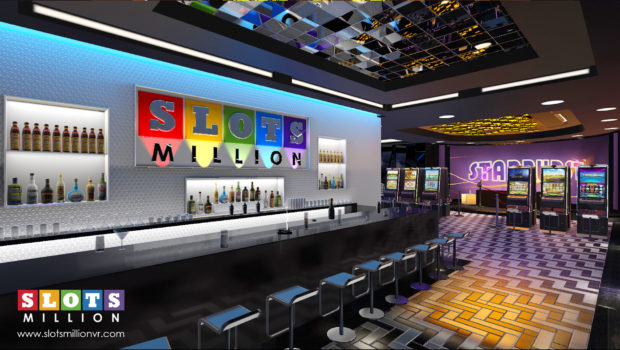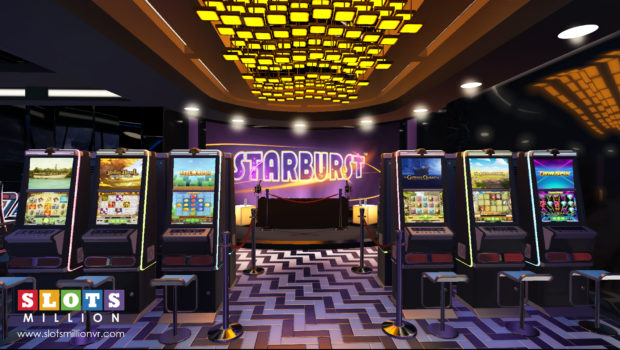
It has often been the so-called vice industries that have driven forward new technologies. This will also be the case with virtual reality, where we are already seeing it shaking up the gambling sector.
Sectors such as gambling were among the first business use cases for the internet, and tend to display a greater appetite to pioneer the latest tech when compared with more traditional e-commerce.
For online gambling, I expect this process to be repeated as VR takes its first tentative steps towards mass consumer adoption. Those of us working in the gambling industry should not fear placing a bet on something with a huge potential payoff.
This is what we witnessed during the internet’s early days, and again when mobile provided another shock to the status quo of online gambling. The rise in mobile gambling has been nothing short of sensational, and it now accounts for around 70% of revenues for most major sports betting sites. I believe VR online European roulette can have a similar impact. The technology solves many of the primary challenges facing gambling companies, such as how to better engage customers and offer them a more immersive experience.
Engaging a new audience
The global online gambling industry is currently at something of a crossroads. In Europe, governments have been regulating online gambling to increase tax revenues. The regulation has helped legitimise an industry that for many years did not have best of reputations.
There are signs that the rest of the world is beginning to follow Europe’s example. In the US, for example, the state of New Jersey has introduced similar online gambling regulation, while a number of other states, including California, are considering similar licensing.
Placing a bet on sports or enjoying a few spins on a slot machine is gradually moving out of the shadows and taking its place alongside any other form of online entertainment, from social media to Netflix.
However, online gambling operators still face several challenges, particularly in terms of appealing to younger customers who have cooled on gambling companies’ products over the previous years.
Recent studies have shown that 18- to 24-year-olds are betting less than they were two years ago, so reaching out to these users via innovative new technology could be one way to bring them back into the fold.
The advancement in VR technology is without doubt the most significant innovation brought to market in 2016, if not the last few years.
Obviously, it will take time to best fulfil the potential of VR in the gambling world, but it is reaching a point whereby it is now a viable option within the industry.
It means gambling operators can provide an immersive experience with a far greater depth of engagement than anything else. It’s a game-changer.

The casino of the future
The managers running the best real money casinos online from www.EasyMobileCasino.com, will tell you what every gambling operator is looking for is a way to stand apart from its competitors. Online casino players can now choose from thousands of different games, and the way these are presented is increasingly important.
In 2015, ALEA launched SlotsMillion, the world’s first VR multi-player online casino, which allows players to walk around a virtual casino set in a futuristic city.
Players select an avatar and explore the environment, interacting with other users and staff such as support agents. They can choose from between 40 different slots from leading suppliers and experience the buzz of a big win with an explosion of 3D graphics raining down on them from specific slots.
It was built with Unity 5, using Chromium to emulate web-based games inside. The application was designed for Oculus Rift only and can be played on computers with an Nvidia 970 graphics card or above.
What makes SlotsMillion and VR such an intriguing proposition in the gambling industry is the way it can boost player engagement and offer something far more immersive than what is currently on the market.
In the future, we envisage our virtual casino becoming a place where players, affiliates and operators can interact, so players are guaranteed the sort of service normally reserved for VIPs in a real-world casino. It is a complete re-imagining of what an online casino can be.
Gambling is, above anything else, an entertainment product. The industry has spent a great deal of time and resources looking for ways to create games that keep players engaged and immersed even if they aren’t hitting the big jackpots. Virtual reality is providing us with a glimpse into what the casino of the future will look like.
- VR is a smart bet for the future of gambling - January 22, 2017
